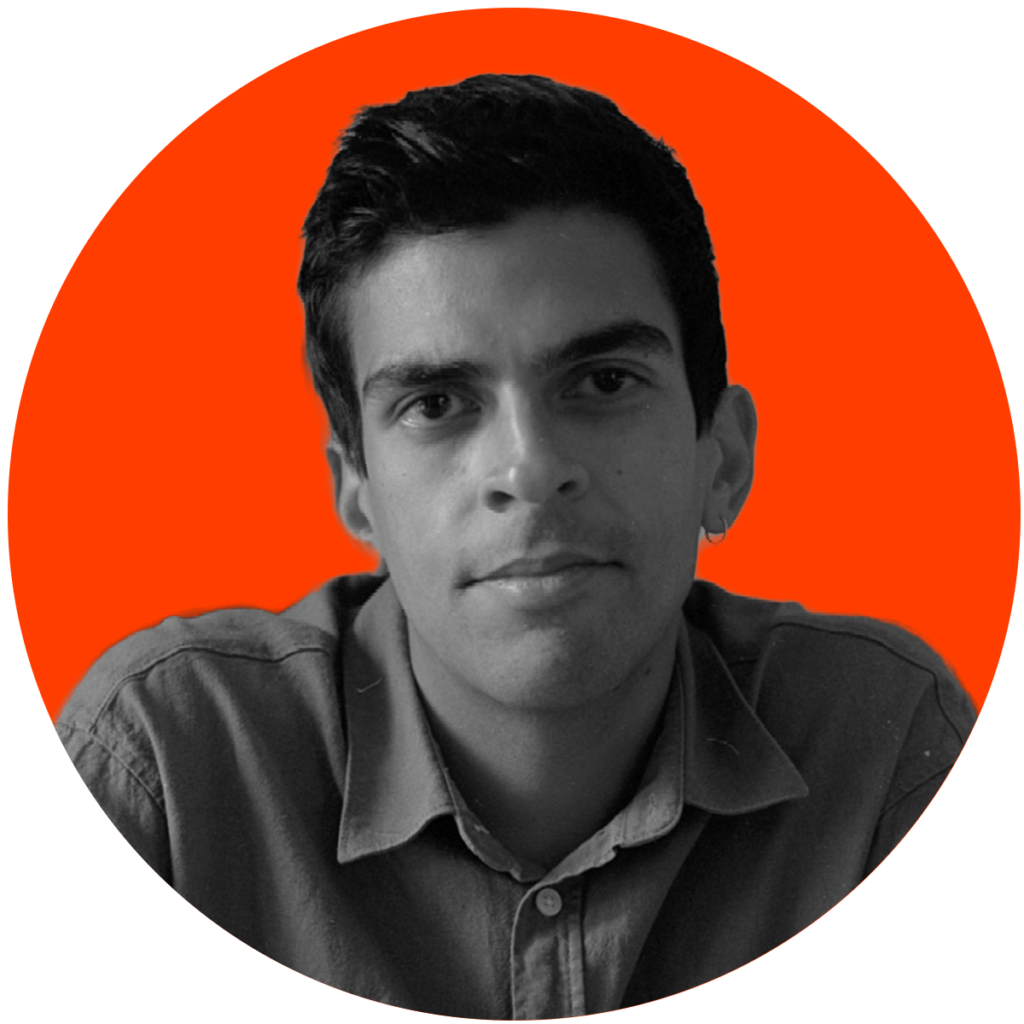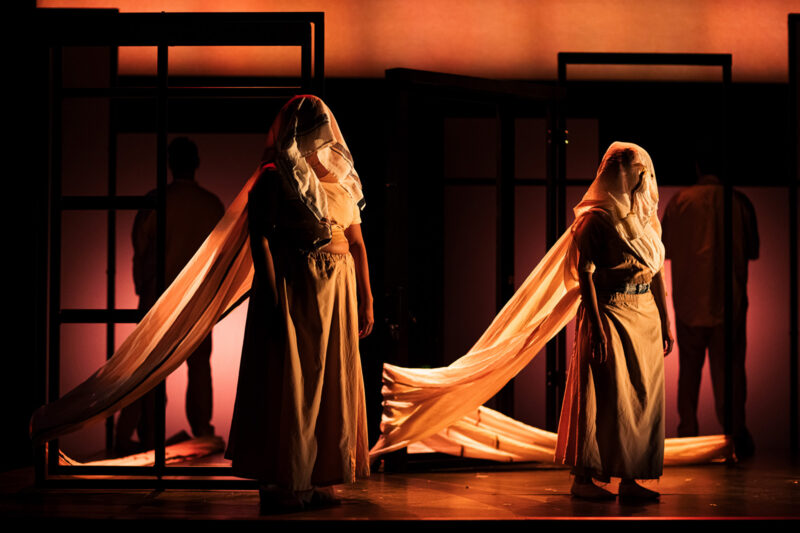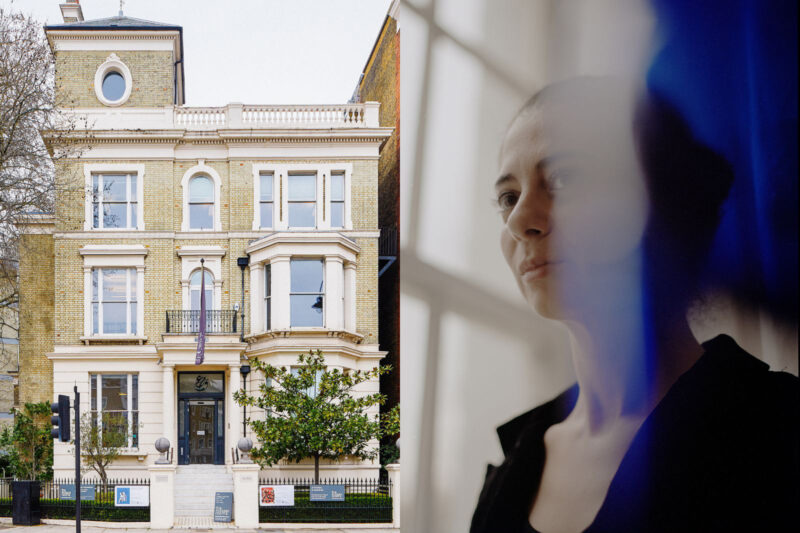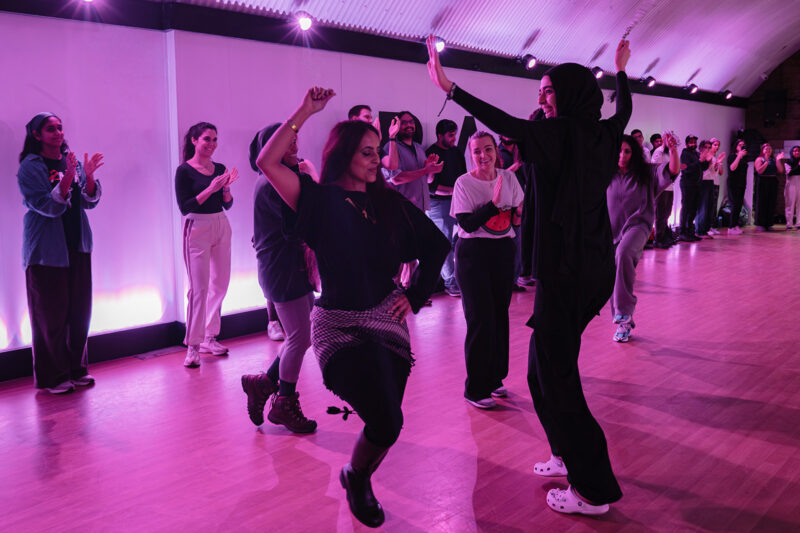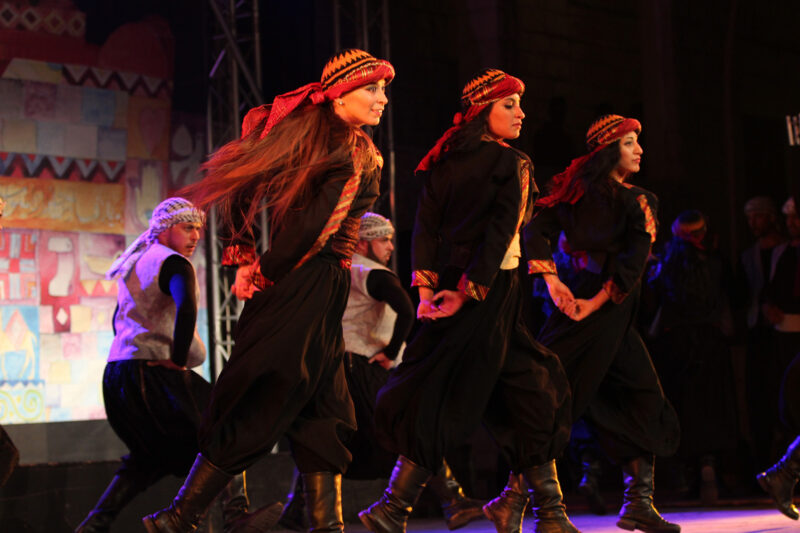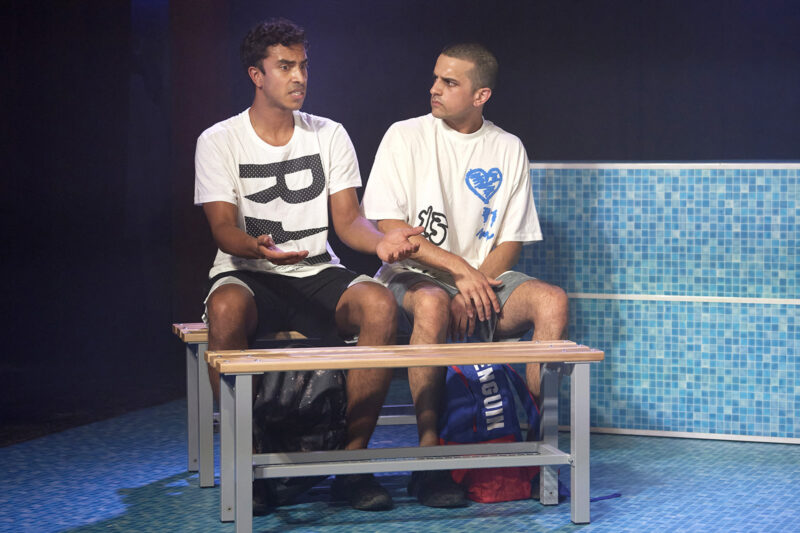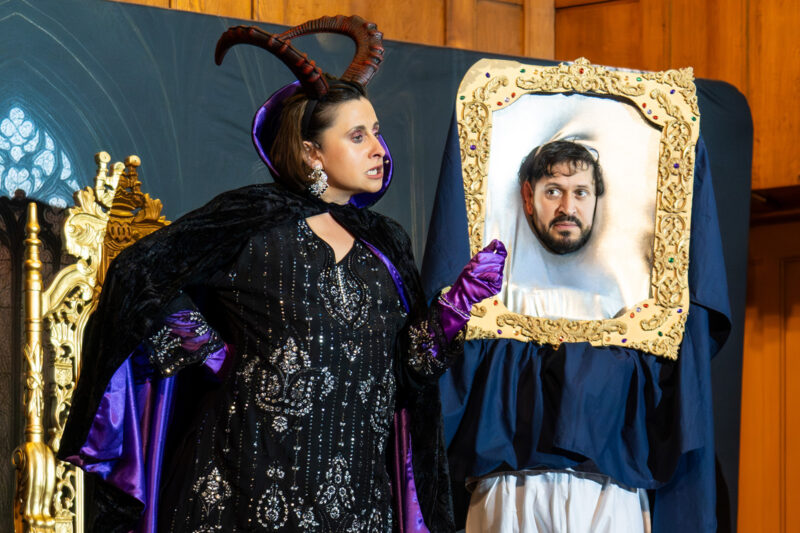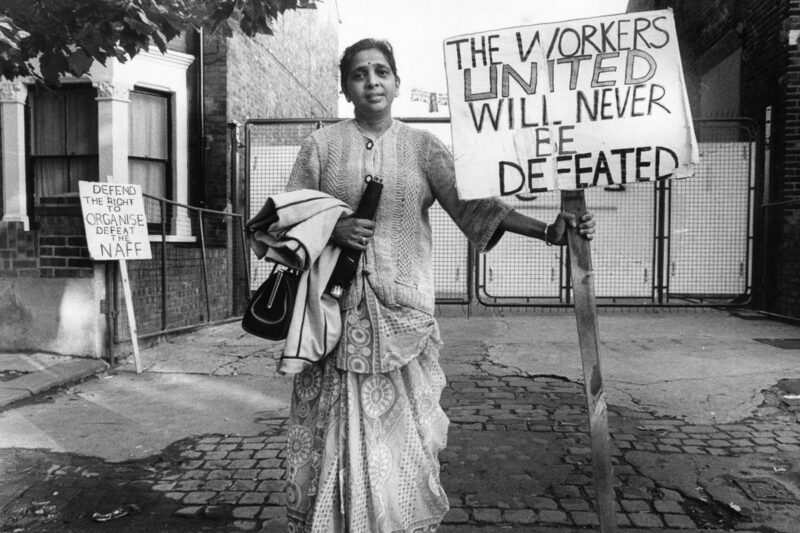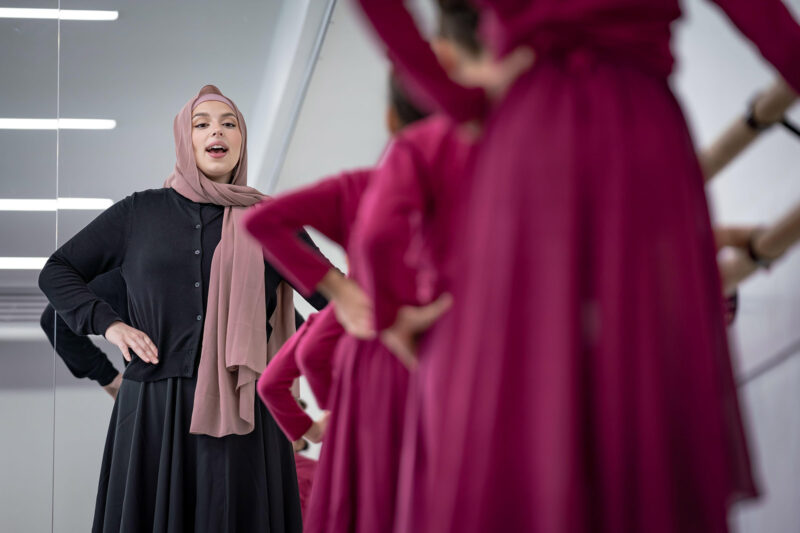‘Every performance is treated as my last’: Aakash Odedra on his lifelong relationship with dance
The dancer speaks about his latest production, Songs of the Bulbul, based on the Sufi poem of the captured bird
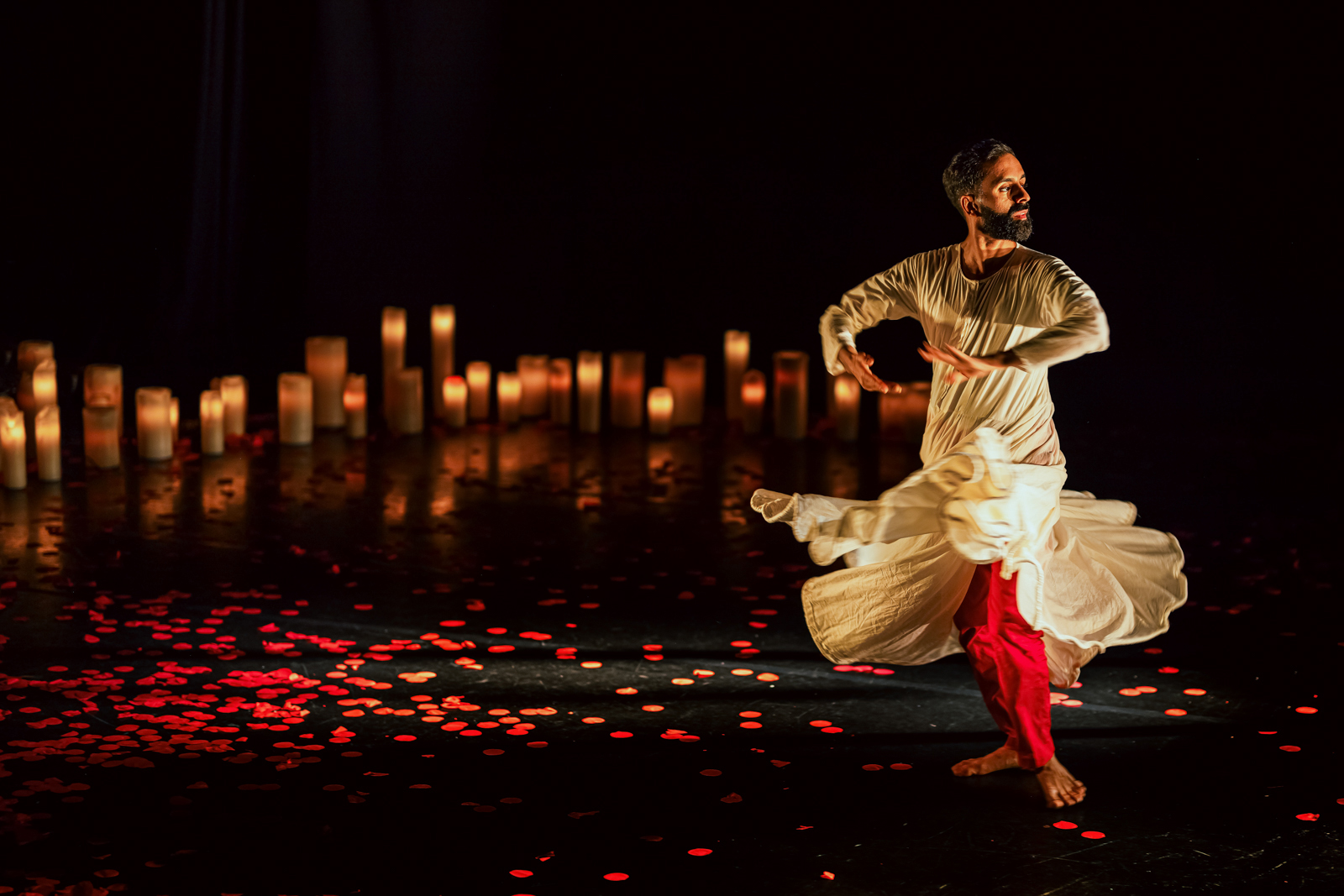
“Each time I perform, I die a little,” Aakash Odedra says. “I leave a part of myself on the stage for the people watching. I give whatever I have left.”
For the past 15 years, the dancer has produced intensely physical, autobiographical productions that combine the Indian classical forms of kathak and bharatanatyam with contemporary dance. Odedra’s shows often take the form of deeply expressive solo or duet performances.
Since starting his own company in 2011, Odedra’s work has included 2014’s Murmur, which was inspired by his dyslexia, 2011’s introspective solo sequence Rising, and 2020’s duet Samsara, which drew on Buddhist philosophy. At 40, he is now performing one of his most personal and exhaustive works to date, Songs of the Bulbul, currently touring England until July.
A potent symbol within Persian folklore and Sufi poetry, the bulbul is a songbird known for singing sweet melodies while held in captivity. “It combines my lifelong interest in dance and Sufism, since my earliest memory is of praying at the temple,” Odedra says over a video call from his home in Leicester. “The Gods danced with me and I always wanted to join them, since Sufism felt like a world of imagination where anything was possible.”
The myth ignited Odedra’s imagination when he first heard it narrated by the choreographer Rani Khanam, who thought it could anchor a new show.
Odedra recounts the story: “To get the best song from the bulbul, Rani told me, it had to go through several stages of captivity. First, it’s put in a cage by a window and as it looks to the sky and its former freedom, it sings. Then it’s placed in a dark room with only one ray of light where it sings more desperately for hope.
“Next, it’s in full darkness, singing for any light. Finally the bird’s eyes are removed and now, without hope, it sings its most powerful melancholic song since it knows its only escape is through death,” he explains.
“It struck me as a parallel with an artist’s life, where you refine and refine your craft until there is nothing left.”
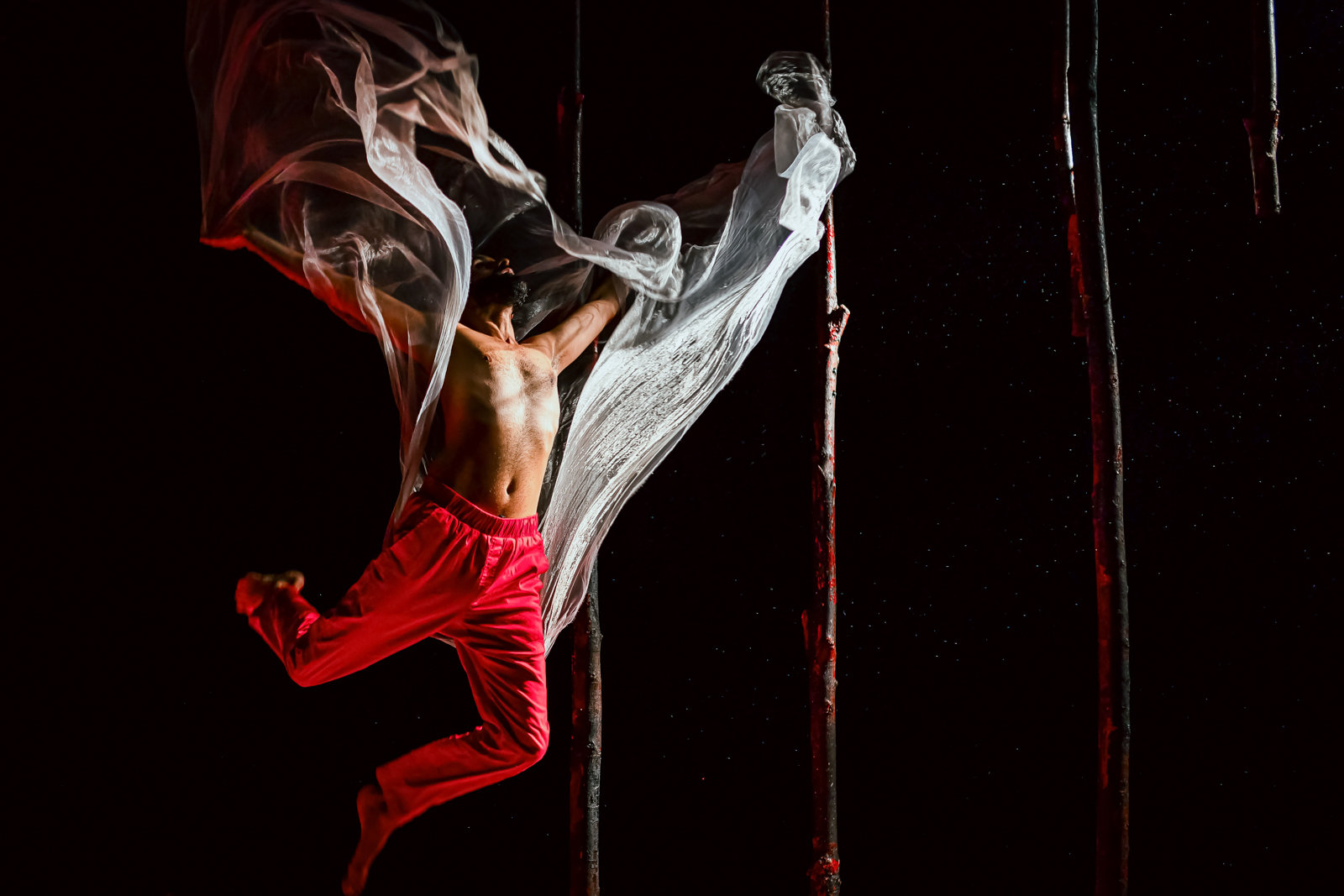
Throughout the hour-long show, Odedra translates this desperate song of captivity into fluid movements, using kathak dance language to express the lifespan of the bulbul alongside composer Rushil Ranjan’s sweeping, cinematic score of Indian classical music.
“In that hour I live an entire life onstage from birth to curiosity to capture, death and beyond. It feels like it goes on for ever,” Odedra says. “When you’re younger you have more innocence and a different enthusiasm, but now I’ve been dancing for over 30 years of my life, every performance is treated as my last. I don’t know if I’ll make it to the end since it’s that physical and emotional.”
It might sound like an extreme statement but Songs of the Bulbul isn’t just an expression of artistic stamina. It’s also a deeply personal piece dedicated to Odedra’s mother, who died by suicide in 2020.
Growing up in the working-class community of Sparkbrook in Birmingham, Odedra lived with his grandmother from six months old, while his parents remained itinerant presences. He describes his childhood as one of “volatility and instability”, moving house 26 times and going to nine schools, as well as experiencing periods of homelessness. Yet, dance was always a calling.
“I started walking at eight months on pointe, like a ballet dancer, but every time music was put on, I was lost,” he says. “Dance was always there but I just had to realise it and find the right vessel. I was looking for my dance guru.”
At eight, Odedra found an Indian classical dance teacher after his dad overheard an advert on Asian station Sabras Radio mentioning local lessons. As he began training, he realised that dance was integral to his being. “I never looked back, since dance to me was like swimming to a fish — it was my life,” he says. “I would choreograph how my mother picked up a glass or opened a door. As I grew older and realised the instability I was living in, I discovered that experience is your true teacher. You can translate the pain of life into beauty and finding some sense of truth.”
At 15, Odedra left Birmingham for his ancestral home of India and began training under Bollywood choreographer Shiamak Davar. “I went to India as a wide-eyed young boy and walked out of Mumbai at 19 as a young man,” he says. “Life runs at a different pace there. If one dancer isn’t available there’s 400 to replace them and you’re living in basic environments with 10 or 12 of us in one room. You lose your sense of personal space.”
Returning home, Odedra was mentored by choreographer Akram Khan and his career soon took off. He pursued back-to-back performances and collaborations, and he describes his schedule reaching a gruelling climax of touring 48 countries in the six months before Covid hit, waking up in hotel rooms on the morning of a show without knowing where he was. “I prefer not to go back to it,” he says. “I want to look forward to my performances and be more intentional. That way I can really live the experience onstage and the audiences can connect with the freedom inherent in something like Songs of the Bulbul. I want them to walk away feeling that.”
Odedra is still as busy as ever. His company is developing a children’s version of Samsara, as well as a production based on the recent discovery of his ancestry. “I found the records of 172 generations of my family and saw that I belong to a community of warriors,” he says. “It was really inspiring to me and made me want to express what it might have been like to die for your community or how they might have danced for war.”
It’s a typically expansive project, moving on from the yearning death song of the bulbul to the fierce war-cry of the warrior. But if anyone can express that range within their movement, it is Odedra.
Songs of the Bulbul is showing at the Brighton Festival on 16 and 17 May, and is touring England until 19 July.
 Newsletter
Newsletter

